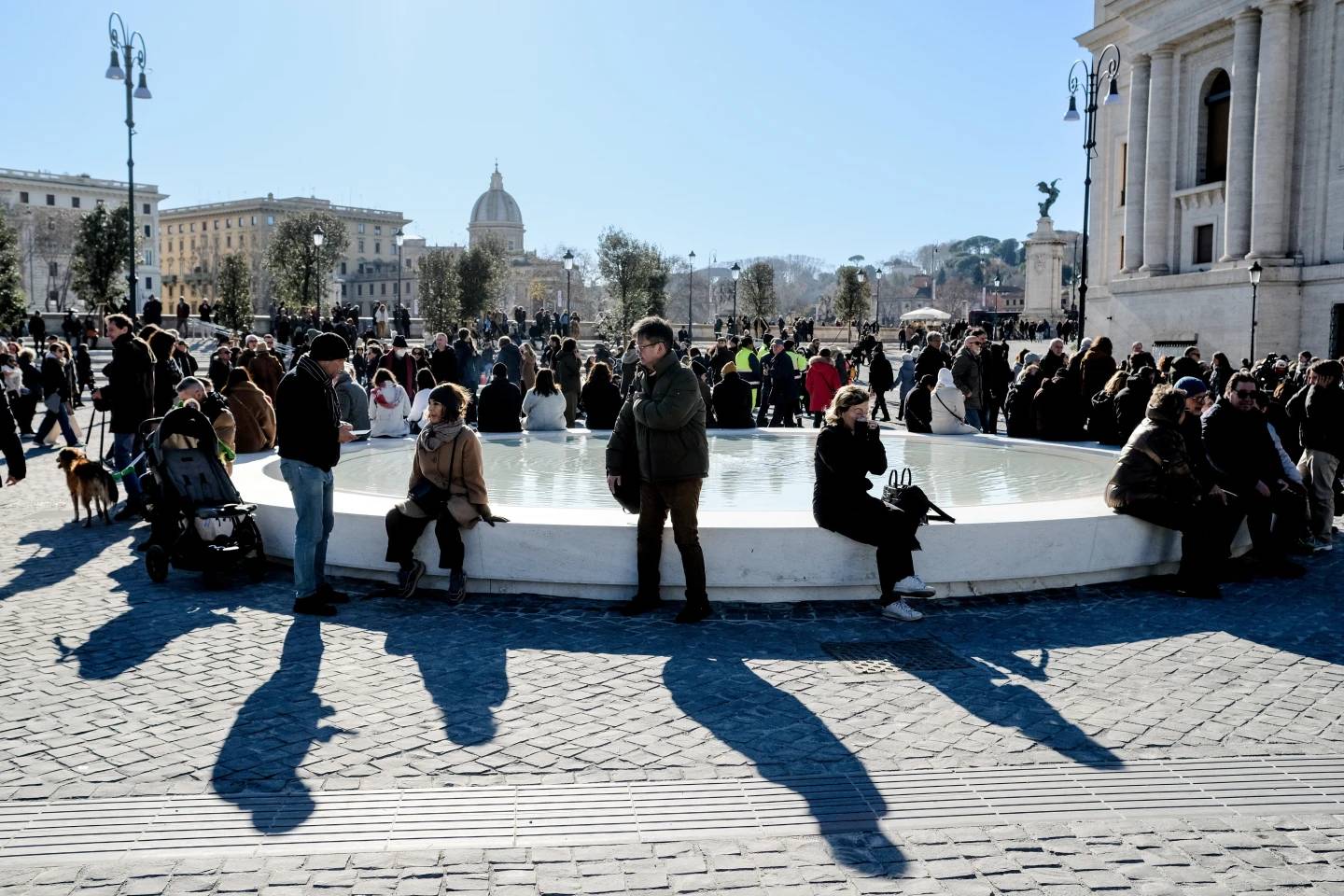WARSAW, Poland — A liberal Catholic magazine in Poland that recently criticized some high-ranking church officials says local church authorities in Krakow have terminated the publication’s office lease after almost 76 years.
The Tygodnik Powszechny (General Weekly) said on Facebook and on its website that a letter from the Krakow diocesan curia delivered Monday gave the magazine three months’ notice to move out. The curia owns the building at 12 Wislna St. that has housed the magazine since 1945.
The publication did not say if it was given an explanation. But it said that moving from the old downtown building to a new location would be an opportunity for a technological upgrade.
The curia did not respond to an email seeking comment.
In its editorials and articles, Tygodnik Powszechny recently criticized anti-LGBT comments by the head of the Krakow diocese, Archbishop Marek Jedraszewski. It also criticized some prominent church leaders, including Cardinal Stanislaw Dziwisz, the former secretary to the late pope St. John Paul II, for having taken an evasive approach to the issue of pedophile priests in Poland and elsewhere in the world.
A European Parliament member representing Poland, Roza Thun, offered her support to the weekly .
“Because of such arch-pastors like Jedraszewski, the Catholic Church is losing its faithful. Tygodnik will move office and will grow, while the diocese…” Thun wrote Tuesday on Facebook.
Launched in 1945, the magazine has a reputation for promoting openness and deep dialogue about the church, faith and Polish society. It has published articles and literary works by Catholic and liberal intellectuals, including Nobel Prize-winning poets Wislawa Szymborska and Czeslaw Milosz.
Poland’s Catholic Church has enjoyed great respect and authority through centuries of the predominantly Catholic nation’s history, including for its unbending and pro-democracy stance under decades of communist rule before 1989. It currently enjoys support from the right-wing government, but these close links are drawing increasing criticism.














